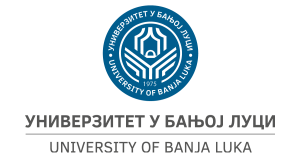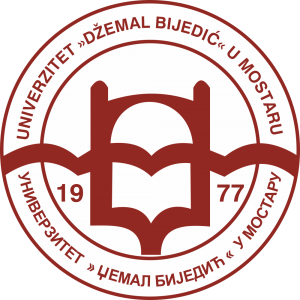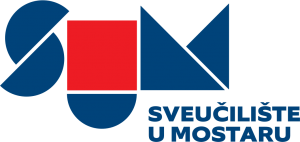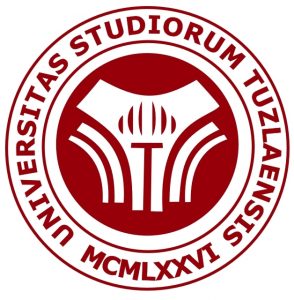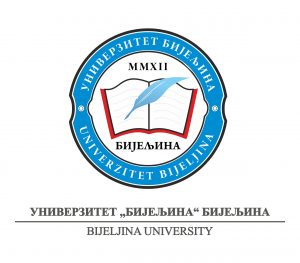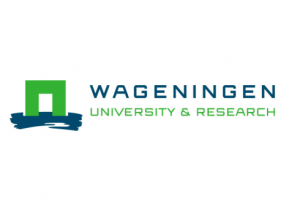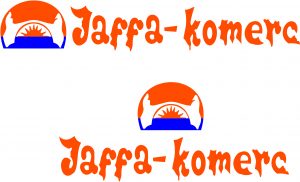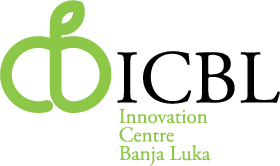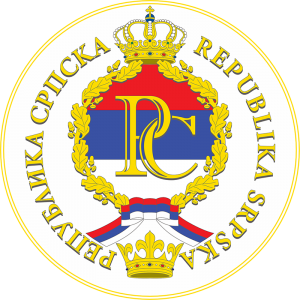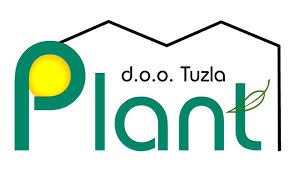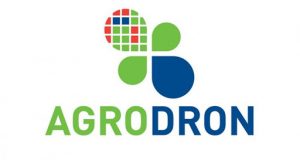ABOUT PROJECT
Project Summary
Modern agriculture is largely based on new technological solutions closely related to the increasing use of information and communication technologies (ICT) and various software solutions, not only for monitoring, but also for managing production processes. In Bosnia and Montenegro agriculture remains largely dependent on manual farming, with technical and technological solutions being poorly explored. At the same time, both countries have strong ICT sectors employing sizeable number of highly educated professionals who develop front-end software solutions. Building a sustainable regional future for the large extent hence depends on the intersection of the two which, even though a concern that should be addressed in all parts of society as a critical strategic area for development and economic activity, has in so far not been given a fair attention in educational and training practices. More about project you can find:
Project overview

With this in mind VIRAL project aims to trigger higher level of knowledge, skills and application with reference to use of ICT in agricultural education and training in both formal and informal settings. Henceforth, VIRAL connects key HEIs and industry learning communities’ participants in the process of co-creating and testing new in and out of the classroom methods and practices, initiating professional pitch competitions (hackathons), and spinning off a distinctive regional university-business collaboration platform. Core learning experience involving agricultural and IT engineering teaching staff and students and passing on the knowledge gained onto professional advisory services and collaboration practices with the companies in the field is realized through intensive training experience and study visits to European universities. On the impact level boosted ICTs use in agriculture underpins sustainable rural development, increases resilience of rural families, improves access of farmers to needed services, and further empowers women and youth living prospects in rural areas.
PROJECT AIMS
Overall project aims of VIRAL to support university and business collaboration (UBC) through accelerating the use of ICT across Western Balkans agro-communities
The concept is led by relevant regional AET facilities and based on enabling the use of different ICT solutions/techniques/tools in the classroom and outside of it in order to obtain desired integration of agriculture and it engineering which in effect reinforces UBC across regional agro communities.

SO1: to increase the capacity of HEIs to apply and generate ICT in AET and practice
Highly educated and skilled agriculture labour force is mandatory to create, share and use knowledge and so is the case with a vibrant system of teaching, research and innovation to be able to tap into global knowledge, assimilate and adapt it to the local need. Universities responsibility could be better served when HEIs are current in terms of modern ICT infrastructure and tools. Hence, much effort has to be put into integrating ICT as pedagogical tool and component of subject contents. Thus, VIRAL offers a robust training component for teaching staff, students, non-formal educator and extension services providers whereby ICT solutions/techniques/tool are debated and use explained. Comprehensive set of training looks into importance/general use of ICT in agriculture, robotic management, software applications, drones and GIS.

SO2: to improve effectiveness and employability of AET graduates
Ensuring that students are well-equipped for post graduate work, in their chosen faculty, is a key aspect of HE. Focusing on employability helps universities to attract and retain high quality students and maintain a competitive advantage, while for student’s employment outcomes form key motivation for pursuing certain education fields. With this in mind VIRAL puts emphasis on:
- ridging the existing skills gap: It is important to engage with businesses to facilitate closer correspondence between the skills universities teach and the skills businesses want in the agriculture field. Here, it is necessary to adopt a broad definition of ‘teach’ and acknowledge particularly related to the soft skills of ICT and entrepreneurship initiative which are often in shorter supply compared to hard skills – technical, faculty related attributes and
- integrating employability into curricula: in seeking ways to integrate employability-focused moments into curricula VIRAL uses employer relationships as a means of providing meaningful problem-based learning experiences. These are evidenced by organization of hackathons pitching competitions as capacity building tool for HEIs and output for use in industry. New knowledge is also generated through active involvement of students with prospective business operators networking at the hackathons.
One of the major requirements here is a change in the way youth are taught agriculture and entrepreneurship. The skills, based on enhanced ICT use became required for a modern agriculture and food system. The future of jobs in agriculture and food systems will underline entrepreneurships skills and ICT use. Through VIRAL, the youth are motivated to act as leaders and torchbearers for promoting agricultural innovations for profit.

SO 3: to boost academic-business cooperation regional platform for sustainability, networking and exchange within agricultural and technological communities
Stemming from successful implementation of the SO 1 and 2 which provide a structured capacity building frame, SO 3 represents a peak of efforts that build standing formal networking and alliance among ICT and agricultural SMEs with HEIs in the form of a spin off EXPO event and by:
- providing IT services appropriate to the needs of regional agro-communities including both AET and producers, increasing their efficiency & sustainability,
- ever-expanding knowledge base constructed around a user-friendly knowledge co-creation and transfer in the field that goes both ways from university to business and vice versa,
- competitive and available agricultural integrated IT solutions for agricultural business operators, increasing efficiency and profit-making ability of the sector.
Developmental strategies and/or internationalization strategies of participating HEIs stress both the relevance and quality of higher education stemming in particular from the use of new technologies in different scientific fields. These documents undoubtedly cast a view on ICT use in HE as of primary cross cutting tool in modern day education and training practices.


